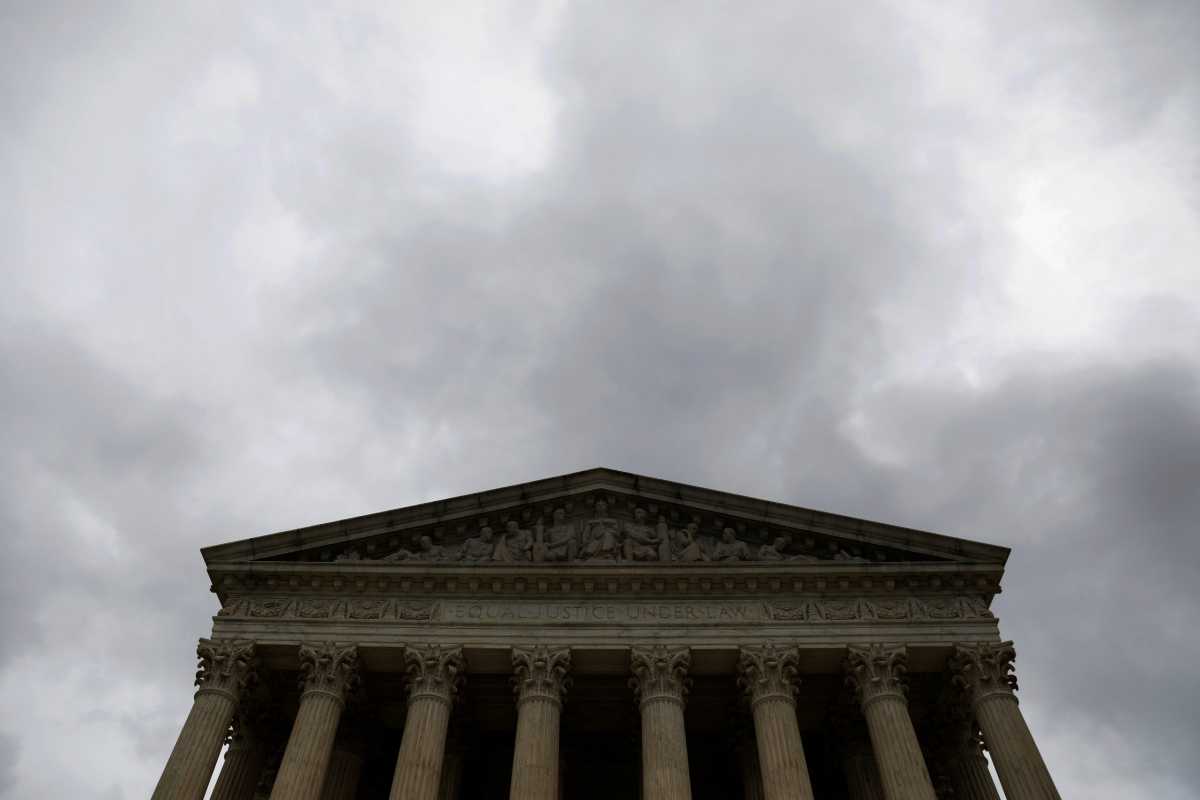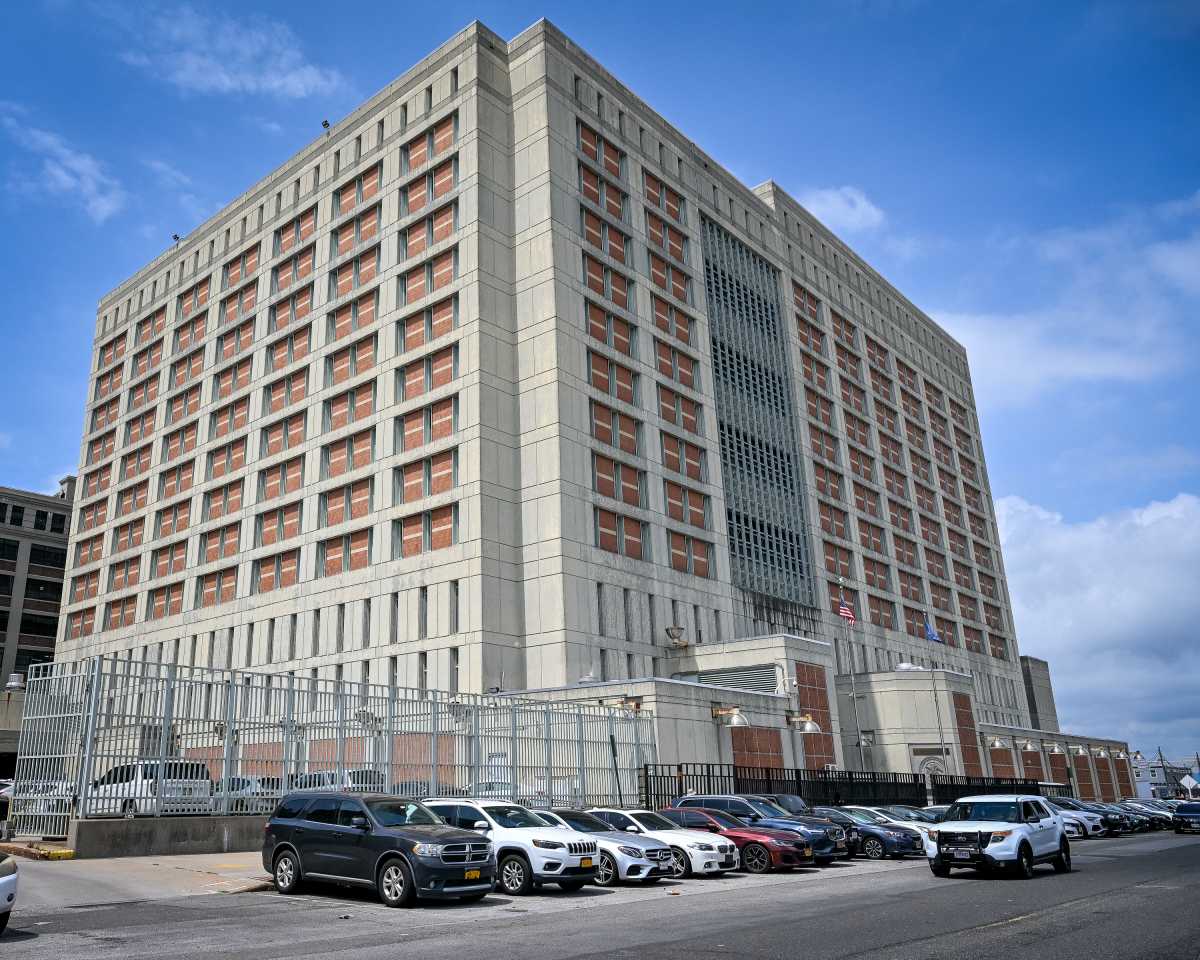BY LAWRENCE HURLEY AND ANDREW CHUNG
The U.S. Supreme Court will remain closed to the public and will conduct its October oral arguments by teleconference as it extended its coronavirus-related restrictions into its new term, a court spokeswoman said on Wednesday.
The court’s announcement means that members of the public cannot tour the building and lawyers will present their oral arguments by phone instead of in the courtroom itself. The court for the first time heard arguments by teleconference in May as a precaution against the spread of the pathogen.
“The court will continue to closely monitor public health guidance in determining plans for the November and December argument sessions,” spokeswoman Kathy Arberg said.
The coming term begins on Oct. 5 and is due to run through June 2021.
A case that could decide the fate of the 2010 Affordable Care Act healthcare law, often called Obamacare, is scheduled to be argued on Nov. 10, a week after the U.S. election in which President Donald Trump is seeking a second term in office. Republican-led states backed by Trump’s administration are asking for the law to be struck down.
The court closed its building in March due to the pandemic. In-person oral arguments in March and April were canceled and the court instead heard 10 cases by teleconference in May without any major technological hitches.
In another break from tradition, a live audio feed was made available to the public, and that procedure will continue in October, Arberg said.
The coronavirus has proven to be particularly dangerous in elderly people, especially those with underlying medical issues. Four of the nine justices are 70 or older: Ruth Bader Ginsburg (87), Stephen Breyer (82), Clarence Thomas (72) and Samuel Alito (70).
Ginsburg, the senior liberal justice, announced in July that she was receiving chemotherapy treatment for a recurrence of cancer. Oncologists said the information Ginsburg made public about her condition indicated she had experienced a spread of pancreatic cancer.




































